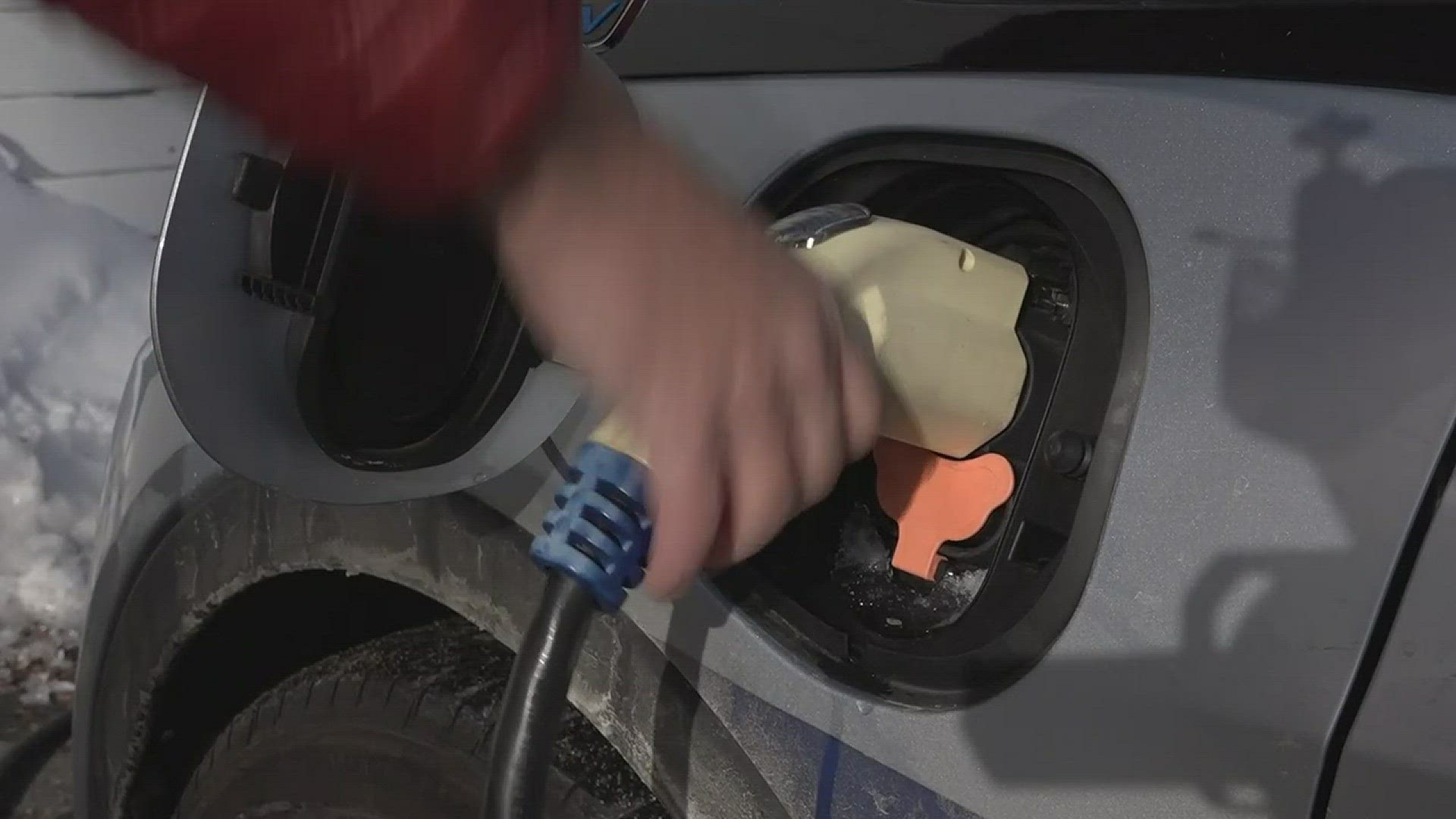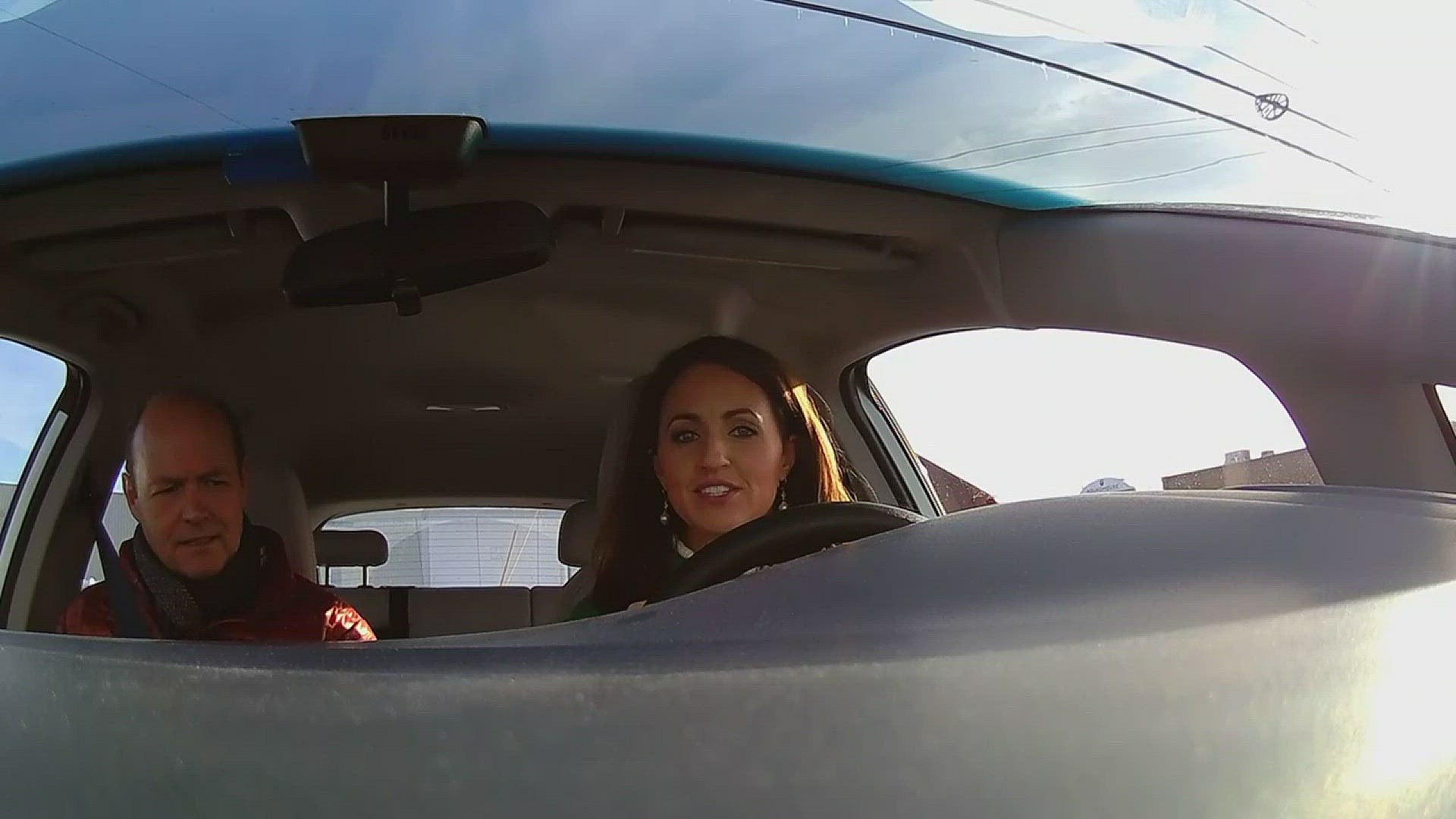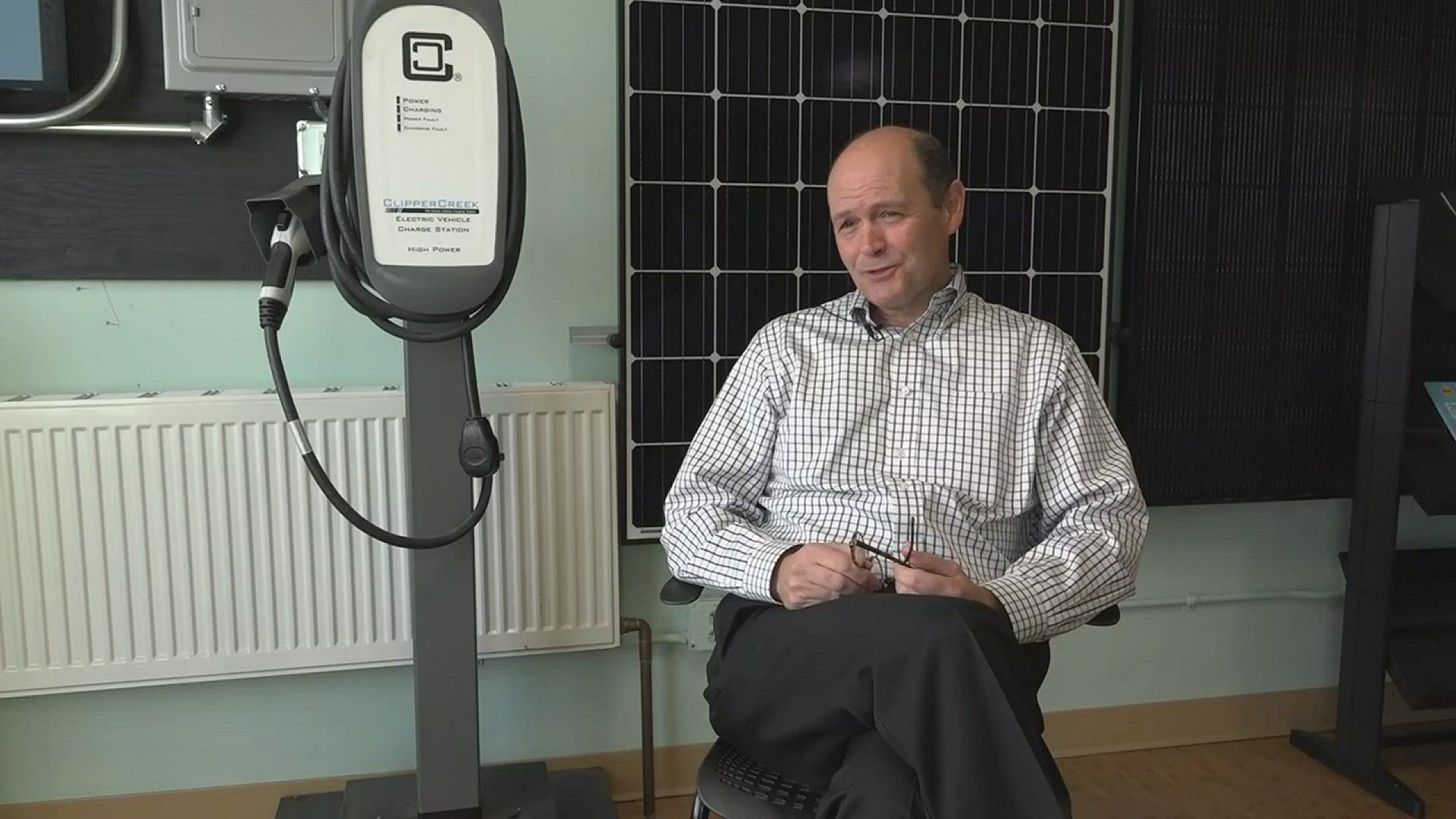PORTLAND, Maine (NEWS CENTER Maine) — You may remember the Volkswagen emissions scandal when the automaker was caught using technology to cheat on emissions tests. A settlement was reached and Maine is getting a large share of it.
Now the question is: what to do with it?
The Maine Department of Transportation wants to hear your ideas. The deadline is Monday, January 15th.
Here's the deal: A $2.7 billion dollar trust was established as part of that VW diesel emissions settlement.
The purpose? To implement approved air pollution mitigation incentives in the U.S.
Each state gets a share of that money. Just how much is determined by the number of registered vehicles that were part of the settlement.
Maine will get $21 million dollars.
Many people have already submitted ideas to the Maine DOT on how to spend that cash. Several people have suggested using some of that money to create more electric vehicle charging stations. If there's more infrastructure to support electric vehicles, we could see more of them on the road.
According to the research group, Plug In America, there were 700,000 electric vehicles on the road in the U.S. as of December 2017.
Barry Woods is a driving force behind efforts to get more electric vehicles on Maine roads. He's the director of vehicle innovation with Portland-based, Revision Energy. The company helps people convert to using cleaner energies.
He also holds regular meetings for the group, Drive Electric Maine.
Woods, and others, say they want to see Maine's share of the money go to creating more charging stations along the highways and at businesses for employees to use while they're at work.
NEWS CENTER Maine went along for a ride with Woods in one of Revision Energy's electric vehicles.
Woods says there is something called "range anxiety." Much like cellphone users worry about the charge of their device, the same goes for electric vehicles. He talks more about it, here:
Judy Gates, the Director of Maine DOT's Environmental Office says states can only spend up to 15% of their portion of the settlement on electric vehicle infrastructure. The rest goes to replacing equipment and technology.
So for every investment that we make as a state, something that is more polluting has to be taken offline so that it improves overall air quality.
Woods says Maine's share of that is about 3 and a half million and even though this funding is the result of bad behavior, the result will be the opportunity to grow some important transportation infrastructure.
It's actually pretty impressive. I think it's the largest privately funded public works project that the country has seen.
For those asking, could this money be transferred and used for other purposes in the state?
The short answer is, yes. However, under trust requirements, the money must be used in a way that results in a reduction of Nitrogen Oxide, a smog-forming pollutant.
Ready to submit your ideas on how to spend that money to Maine DOT? Click here.



